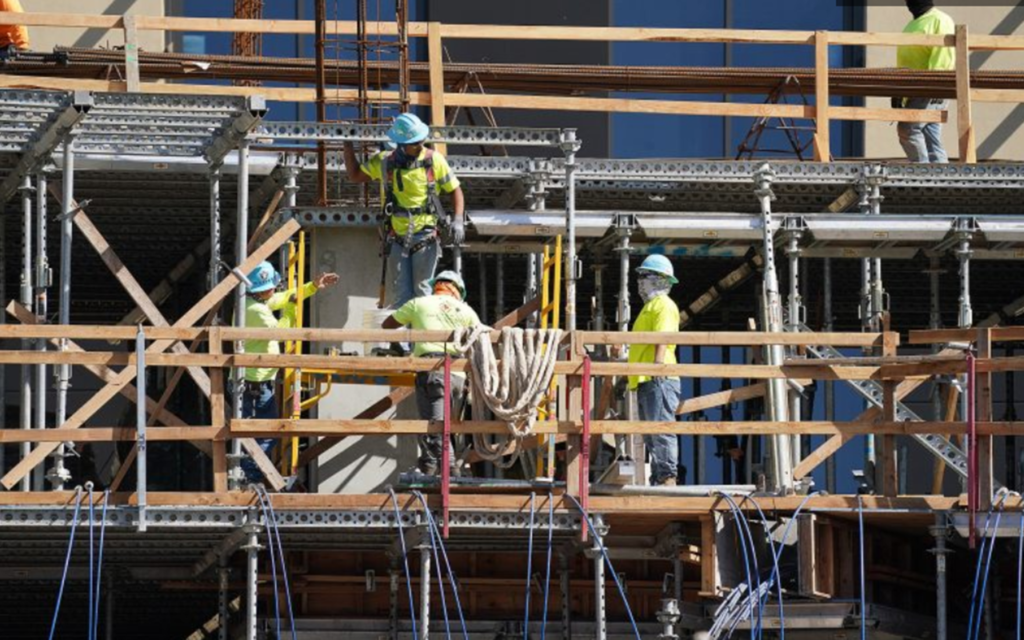
Advertisement
After a postponement due to the Corona pandemic, the next ibausil will take place from September 13 to 15, 2023 in Weimar/Germany. By establishing the International Conference on Building Materials ibausil already in 1964, an international forum for scientific debate was created. One aim of the conference has always been to bring together science and building practice in Europe’s geographical centre. Next year’s edition, the 21st ibausil, will continue this tradition. This traditional conference always enjoys a great response, the 20th ibausil in 2018 alone was attended by around 650 participants from 26 countries.
Call for paper
Authors are invited to submit an abstract until 1 November 2022 and are requested to use only the form provided on the official website www.ibausil.de. Each scientist should submit only one paper as a lecturer, but co-authorship on other papers is possible and welcome. The conference committee will decide on the acceptance of the submissions and will notify the authors by 31 January 2023. Full papers need to be submitted by 30 April 2023. This year, the conference proceedings will be published digitally by a renowned scientific publisher, which allows DOI citations. For reasons of sustainability there will be no printed version of the submissions.
Main topics of the conference
The main topics of the conference are traditionally structured according to materials. Methodologically oriented contributions (production engineering, ecology, quality assurance, test methods and processings, structural condition assessment, effects of admixtures) should therefore be classified according to application. This also applies to contributions that deal with the construction or revitalisation of buildings or the preservation of historical monuments. The following main topics are subdivided into further topics (see www.ibausil.de), so that authors are welcome to allocate their contribution on this basis:

1 Inorganic binders: Cement (production, types, properties), alternative and low CO2 binders, carbon capture, storage and use etc.
2 Concrete and durability of concrete: Concrete and aggregates, special concretes, production technology, rheology, additive manufacturing, deterioration mechanisms etc.
3 Functionalisation of building materials: Self-healing, sensors and actuators, detection and localisation of damage, vibration damping, pollutant binding etc.
4 Building materials for walls, ceilings and floors: Sand-lime brick, natural stone and masonry, lightweight and aerated concrete, C-S-H insulation, mortar, rehabilitation material and methods etc.
5 Recycling dismantling and crushing, processing, separation and sorting, recycled building materials etc.
